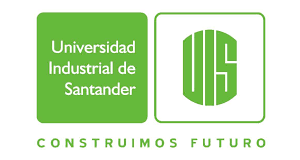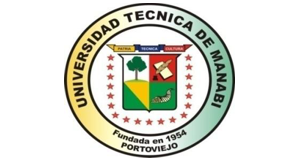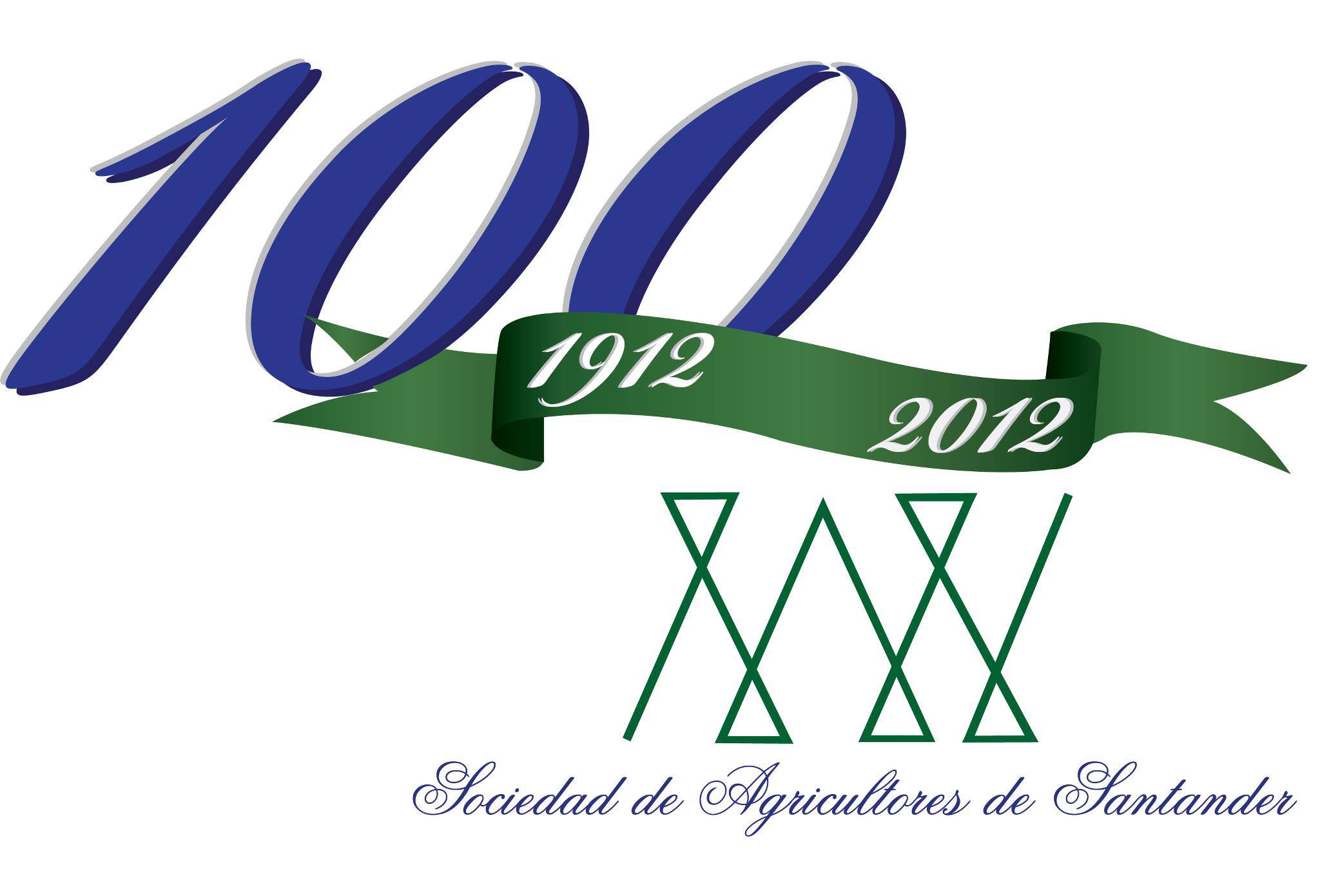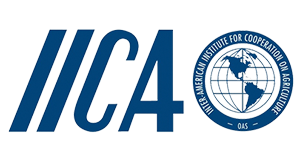Nanofertilizers: An innovative solution to boost production and reduce environmental impact
Nanofertilizers improve fertilization efficiency and help mitigate the effects of climate change
Context of the story
Traditional agricultural production is costly for the farmer and generates negative effects on the environment due to the low efficiency of fertilization, since crops absorb only between 20% and 40% of the fertilizer. This results in a waste of inputs and a loss of profitability for the farmer, who incurs high investment costs in fertilizers that do not achieve a proportional increase in crop yield. An alternative solution to this situation is the implementation of nanotechnology, as it enables the development of sustainable agriculture with both environmental and economic benefits for the farmer, by improving nutrient absorption efficiency and reducing the amount of fertilizer required per hectare.
The implemented initiative
Assess the effect of applying blends of fertilizers and nanofertilizers (zeolite, titanium dioxide, and zinc oxide) on the intensive production of crops. For this, a process of nanostructuring and characterization of TiO2, ZnO and zeolite nanofertilizers is being developed, through the high-energy mechanical grinding technique, using a planetary mill. The nanostructured material is implemented in experimental plots on corn producers' properties. The tests allow phytotoxicity tests to be carried out, evaluate the effects on productivity and estimate the impacts generated on the soil’s physical, chemical, and biological characteristics.
Using balanced fertilizers and nanofertilizers in crops increases biomass production and nitrogen absorption.
The technological solution
- Manufacture of TiO2, ZnO and zeolite nanofertilizers in a high-energy mill by varying the time, speed and filling factor of the mill.
- Establishment of ryegrass crops.
- Balanced fertilizer formulations with adequate properties to improve fertilization efficiency.
- Evaluation of the effect of adding fertilizers combined with nanofertilizers on crops.
- Financial viability analysis of a Spin-Off.
- Technical support, training and socialization of the implemented technologies.
Nitrogen use efficiency globally ranges between 30 to 50% depending on the forage species, generating economic losses in nitrogen fertilization.
Type of project
Results
- Manufacture of TiO2, ZnO and zeolite nanofertilizers, and analysis in crops of Avena sativa, Tithonia diversifolia, Cenchrus clandestinus, Lolium perenne, Medicago sativa, Zea mays under greenhouse conditions.
- Data on particle sizes of nanofertilizers synthesized under different grinding parameters.
- Evaluation of nutrient absorption and nitrogen use efficiency for different crops.
- Use of TiO2 nanofertilizer and balanced fertilization in Lolium perenne crops under greenhouse conditions. It was observed: an improvement in biomass production on a dry basis by 25% and in nitrogen recovery efficiency by 24%.
- Establishment of experimental plots with corn crops in Ecuador and Colombia.

 Back to the project
Back to the project Colombia
Colombia Ecuador
Ecuador






